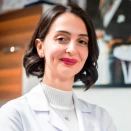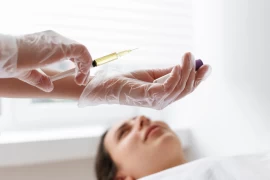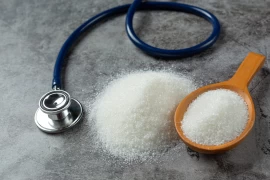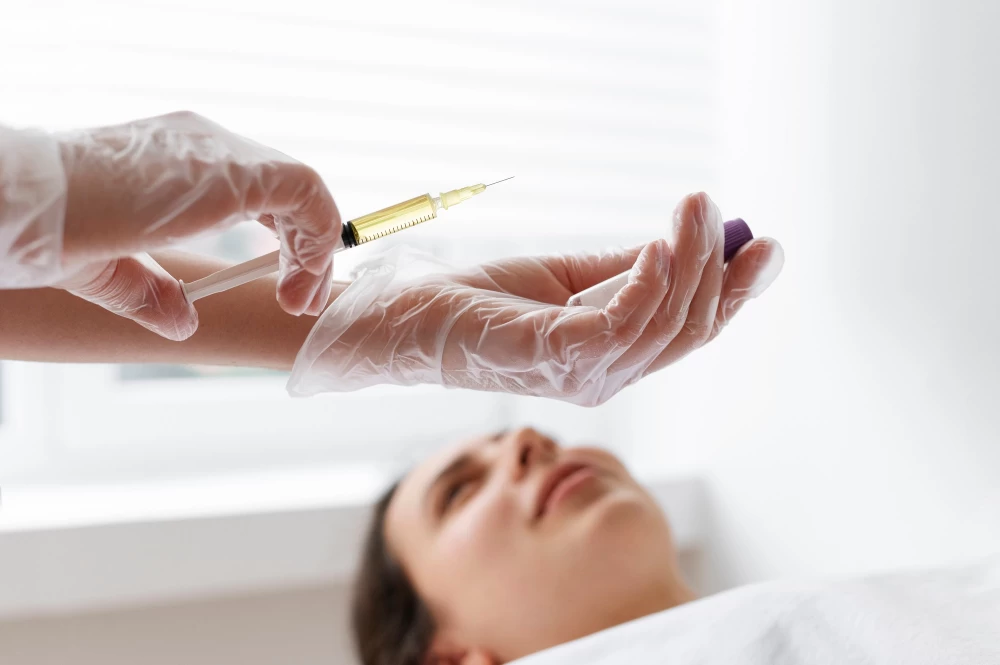
Antioxidant Therapies
- Antioxidant Therapies
- What is Antioxidant Therapy?
- Types of Antioxidant Therapies
- What Are the Types of Antioxidants?
What is Antioxidant Therapy?
Antioxidant therapy is a treatment method that aims to reduce the damage caused by oxidative stress. Oxidative stress is an imbalanced condition in cells resulting from the excessive production of molecules called free radicals or insufficient antioxidant systems. Free radicals can cause damage to cells, leading to DNA, protein, and other cellular component damage.
Antioxidants attempt to balance oxidative stress by reducing the harmful effects of free radicals. These substances neutralize free radicals, making them stable or removing them from cells. As a result, the risk of oxidative damage to cells decreases.
Antioxidant therapy can be applied in various ways. It can involve consuming foods rich in antioxidants, taking antioxidant supplements, or using medication. For instance, many fruits, vegetables, nuts, seeds, and some plant oils naturally contain antioxidants.
Antioxidant therapy is used in the treatment or prevention of various health conditions, particularly those influenced by oxidative stress. These may include heart disease, cancer, the aging process, immune system disorders, neurological diseases, eye diseases, and skin disorders.
However, antioxidant therapy may not be effective in all cases and, like any treatment method, it can have side effects or contraindications. Therefore, it is important to consult a healthcare professional when considering antioxidant therapy. The most suitable treatment plan can be determined by taking into account your health condition and individual needs.
Types of Antioxidant Therapies
The types of antioxidant therapies can vary depending on the method and mode of application. Here are some commonly used antioxidant therapy methods:
- Dietary Antioxidant Therapy: It is achieved through the consumption of foods rich in antioxidants. Foods such as fruits, vegetables, nuts, seeds, green tea, and olive oil naturally contain antioxidants. A balanced and varied diet can provide an adequate amount of antioxidants to the body.
- Antioxidant Supplements: Antioxidant-containing supplement products can be found in the form of tablets, capsules, or liquids. Antioxidants like vitamin C, vitamin E, beta-carotene, and selenium can be taken as supplements. However, it is important to consult a healthcare professional before using supplements as high doses may cause undesirable side effects.
- Topical Antioxidant Therapy: It is carried out by applying antioxidant-containing creams, lotions, or serums to the skin. This method is preferred for maintaining skin health, reducing signs of aging, and protecting against sun damage.
- Antioxidant Medications: In some cases, medications with antioxidant properties may be prescribed by a doctor. For example, antioxidant medications can be used in the treatment of certain diseases.
- Complementary Antioxidant Therapies: Antioxidant therapy can play a supportive role alongside other treatment methods. For instance, antioxidants can be used to reduce the side effects of radiation therapy or chemotherapy in cancer treatment.
- Glutathione Therapy: Glutathione is a tripeptide molecule naturally found in cells, consisting of the amino acids glutamine, cysteine, and glycine. It plays an important role in many cellular functions and helps protect cells against the harmful effects of oxidative stress and free radicals.
- Alpha-Lipoic Acid Therapy: Alpha-lipoic acid is a compound naturally produced by the body and is involved in energy production processes in mitochondria. It also exhibits antioxidant activity by neutralizing free radicals in cell membranes and the aqueous environment inside cells.
The types of antioxidant therapies can vary depending on the condition being treated, the patient's needs, and the recommendations of healthcare professionals. Recently, Glutathione Therapy and Alpha-Lipoic Acid Therapy have gained prominence. The treatment plan should be personalized based on your individual circumstances.
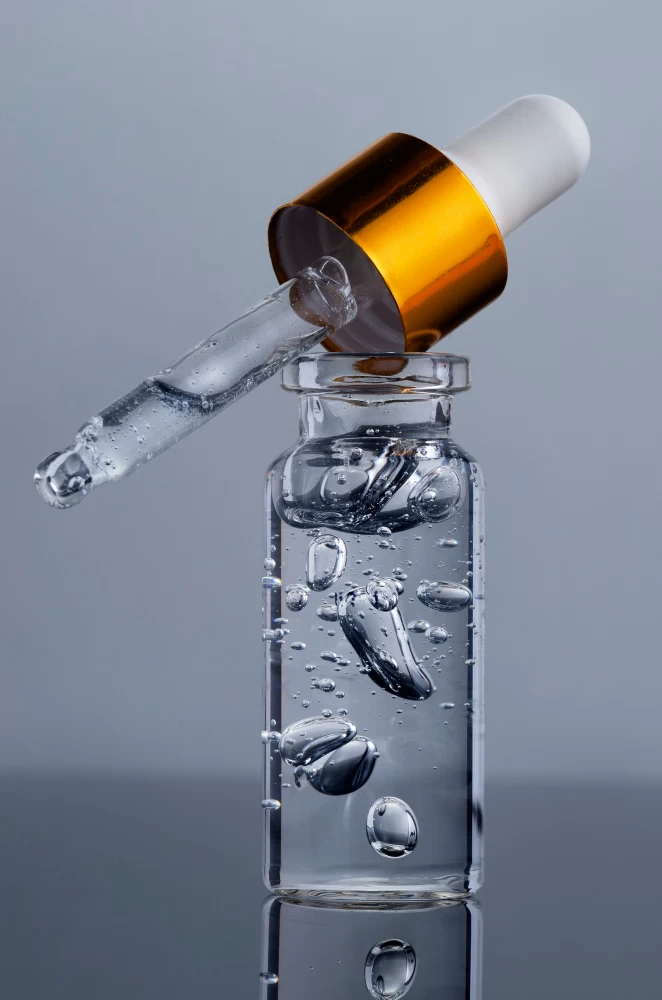
What Are the Types of Antioxidants?
Antioxidants encompass many compounds with different chemical structures. Here are some commonly known types of antioxidants:
- Vitamin C (Ascorbic Acid): Found in fruits (such as oranges, lemons, strawberries), vegetables (broccoli, peppers, spinach), citrus fruits, and other foods. It supports the immune system, enhances iron absorption, and helps prevent cell damage.
- Vitamin E (Tocopherols): Found in vegetable oils (sunflower oil, olive oil), nuts, seeds, green leafy vegetables, avocados, and grains. It protects cell membranes, reduces oxidative stress, and supports heart health.
- Beta-Carotene: A provitamin A carotenoid found in carrots, sweet potatoes, spinach, apricots, mangoes, watermelon, and other orange and green leafy vegetables. It preserves eye health, strengthens the immune system, and supports skin health.
- Selenium: Found in seafood, meat, poultry, eggs, whole grains, and Brazil nuts. It enhances the activity of antioxidant enzymes, supports thyroid health, and provides cellular protection.
- Lutein and Zeaxanthin: Found in green vegetables like lettuce, spinach, Swiss chard, broccoli, peas, and corn. They promote eye health, reduce the risk of macular degeneration, and protect against free radicals in the eyes.
- Lycopene: Found in red and pink fruits like tomatoes, watermelon, guava, and pink grapefruit. It supports prostate health, reduces the risk of heart disease, and provides protection against certain types of cancer.
That is correct. The examples provided are just some antioxidants, and there are many other antioxidants found in natural sources. Antioxidants are generally present in fruits, vegetables, nuts, seeds, whole grains, plant oils, and some seafood. A balanced and varied diet helps meet the body's antioxidant needs by providing a range of antioxidants.
